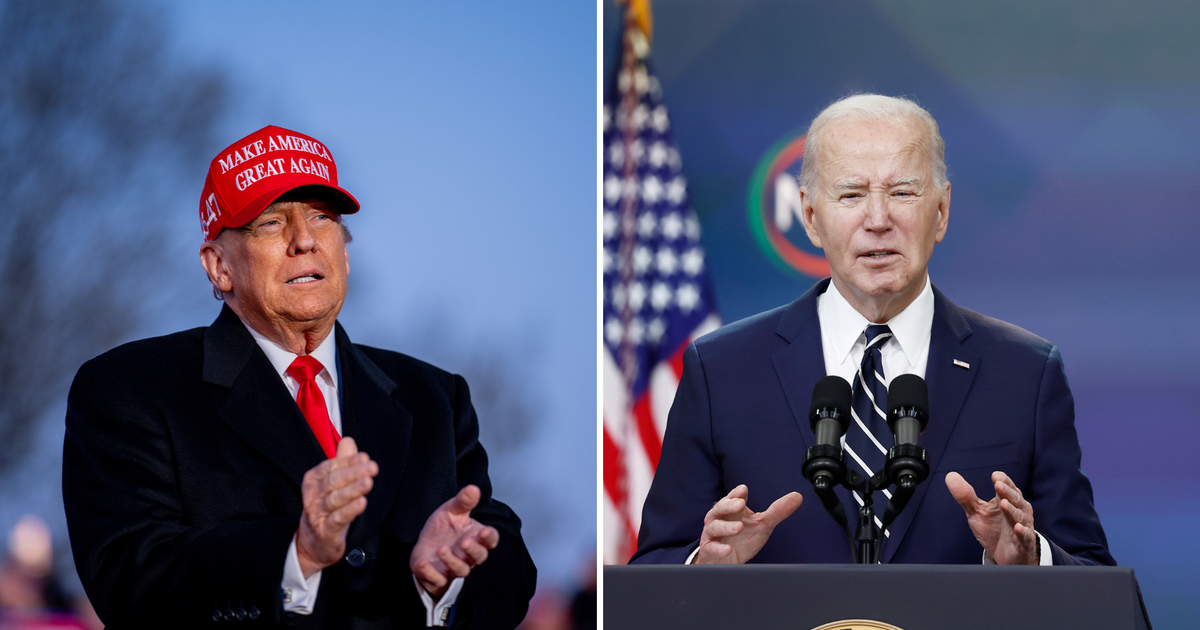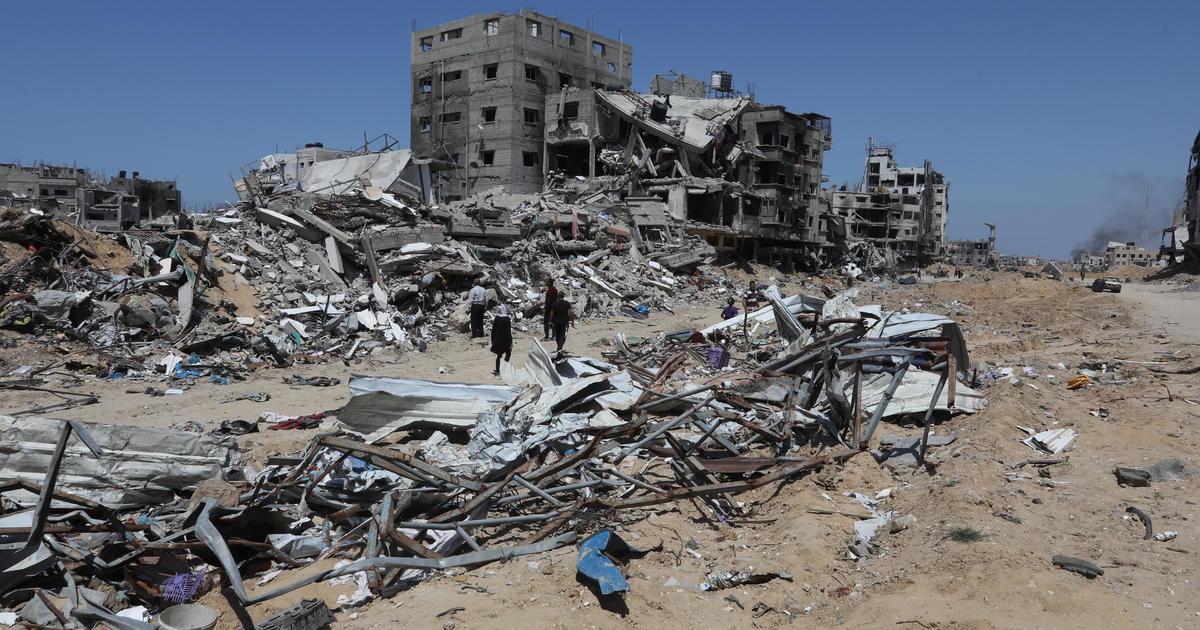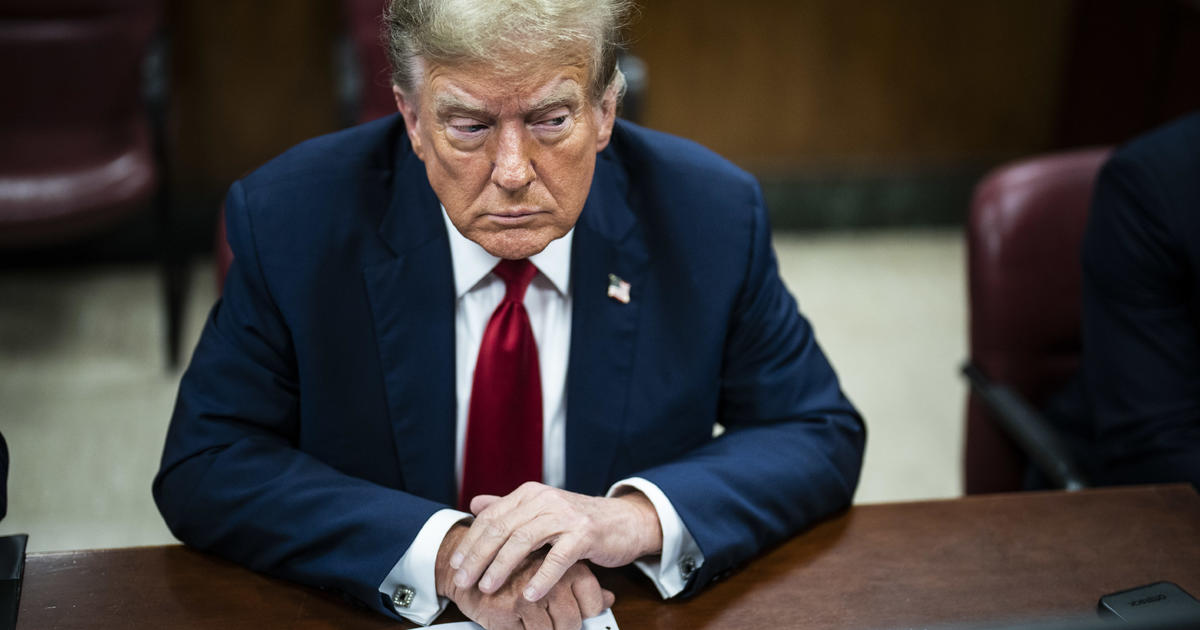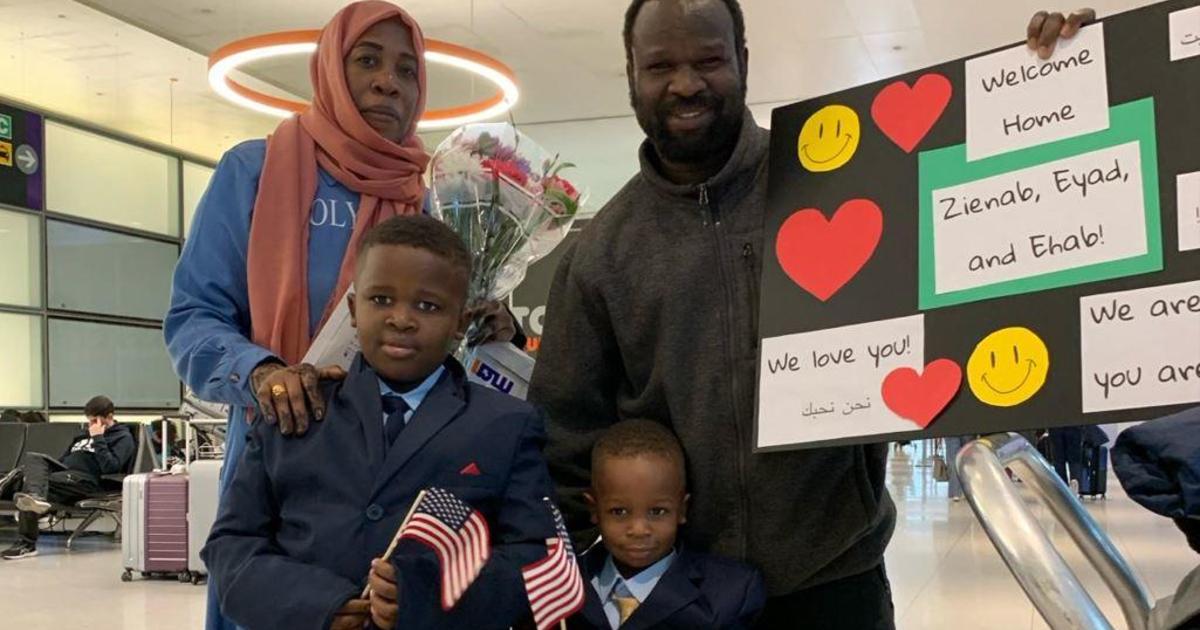Fighting in Syria persists despite ceasefire, Turkish fighters accused of using white phosphorus
Dohuk, Iraq — As the deal Vice President Mike Pence announced with Turkey to stop attacks on Kurdish forces in northern Syria came under criticism Friday, fighting continued in the region. Video showed gunfire and shelling in a Syrian city along the Turkish border.
CBS News correspondent Charlie D'Agata said it was a shaky ceasefire, and not everybody was happy about it. There have been serious questions about the U.S. military's role in ensuring the terms of the ceasefire are implemented.
Turkish attacks continued on the border, breaking the so-called "pause in hostilities" agreed to by Turkish President Recep Tayyip Erdogan's government. Erdogan denied ongoing clashes, but the independent war monitoring group Syrian Observatory for Human Rights said at least seven people were killed in the border town of Ras al-Ain, and Syrian officials reported five deaths.
President Trump said he spoke with Erdogan on Friday morning and that the violence was "eliminated quickly" and that the "pause
The pause is supposed to last 120 hours, or five days, to give the U.S. a chance to "facilitate" exactly what Turkey wanted in when it launched its incursion on October 9: the removal of the formerly U.S.-allied Kurdish forces from a 20-mile-deep so-called "safe zone" along Turkey's border.
Pentagon officials have told CBS News they've received no instructions as to how to remove those forces, and there's been no change to America's own plans to withdraw troops from the region.
Nonetheless, at a rally in Dallas, Mr. Trump painted himself on Thursday as a kind of playground peacekeeper.
"It was unconventional, what I did. I said, 'They're going to have to fight a little while.' Sometimes you have to let them fight a little while," Mr. Trump said. "It's like two kids in a lot. You've got to let them fight and then you pull them apart."
But it's far from child's play for the hundreds of people who have been killed, and almost 200,000 more displaced by the fighting.
Turkish-backed forces have been accused by Kurdish leaders of using white phosphorus against Kurdish civilians. The incendiary material is banned by international chemical weapons conventions for use against civilians. A chemical and biological weapons expert told CBS News on Friday there was convincing evidence that children had suffered burns in Syria from it in recent days, but that it was impossible to assign blame as virtually all sides in the conflict have the substance. Syrian dictator Bashar Assad has used it against his own civilians multiple times during the war.
D'Agata said the U.S. has effectively declared a ceasefire in a war it wasn't even fighting and enabled Turkey to achieve its primary objective. That has enraged U.S. lawmakers on both sides of the aisle.
"The decision to abandon the Kurds violates one of our most sacred duties. It strikes at American honor," Republican Senator Mitt Romney of Utah said. "What we have done to the Kurds will stand as a blood stain in the annals of American history."
Turkey has called it more of a pause than a ceasefire. Why five days? D'Agata noted that the period ends right when Turkish President Erdogan is due to meet with the real power broker in the region: President Vladimir Putin in Russia.



